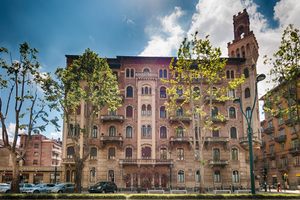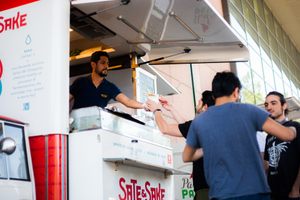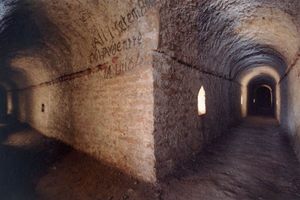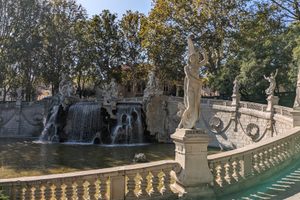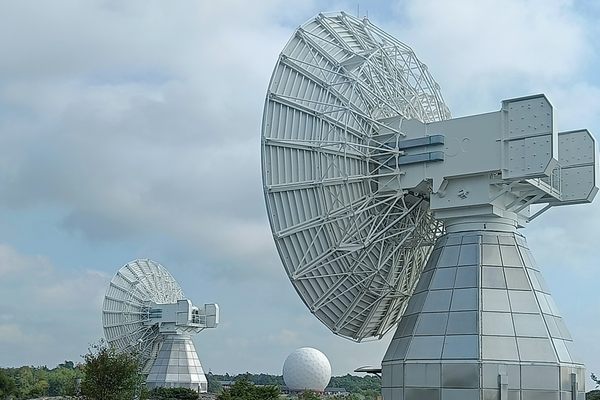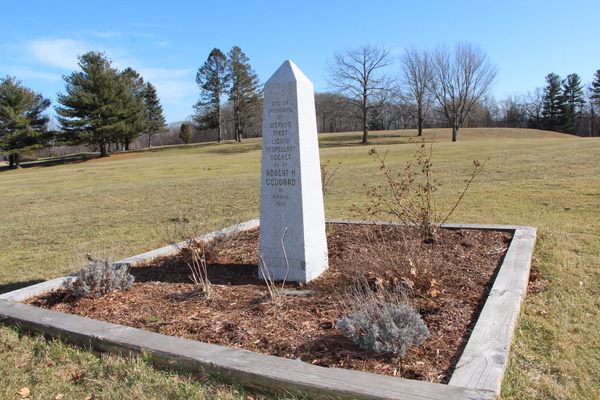About
Soil from Mount Vesuvius was used to turn a piece of Italy into Mars. This powdery reddish dirt, called pozzolana, has been known since antiquity for its unique properties. Romans used it to build their temples and monuments, and today scientists and engineers used it to simulate the surface of the Red Planet.
Around 150 tons of pozzolana were brought from near Naples to fill the main arena of a new test facility commissioned by the European Space Agency (ESA), inside aerospace company ALTEC on the outskirts of Turin. There, every detail was carefully crafted to recreate the dangers of the Red Planet and the various challenges a rover, called Rosalind Franklin, will face there.
ESA's Mars Yard is the heart of the Rover Operational Control Centre (ROCC), where scientists and engineers test and train staff. There's a lighting facility that simulates Martian luminosity from sunrise to sunset, and all around the arena are boulders, slopes, and crevices to reproduce the geology of Mars.
A tilting platform allows for a speedy reproduction of hills and ramps, ideal for planning for bad landing scenarios. Dozens of cameras spread around the yard allow to the scientists to create a digital replica of the conditions for further testing in a matter of minutes. With so many unique features, ROCC is the latest and most sophisticated Martian landscape simulation in the world.
Related Tags
Know Before You Go
Public visitors are not always allowed to enter the place, which is located inside a private company. The ESA hosts open days, and it is possible to attempt to book a guided visit by emailing ALTEC's staff at info@altecspace.it.
Flavors of Italy: Roman Carbonara, Florentine Steak & Venetian Cocktails
Savor local cuisine across Rome, Florence & Venice.
Book NowPublished
July 14, 2020












